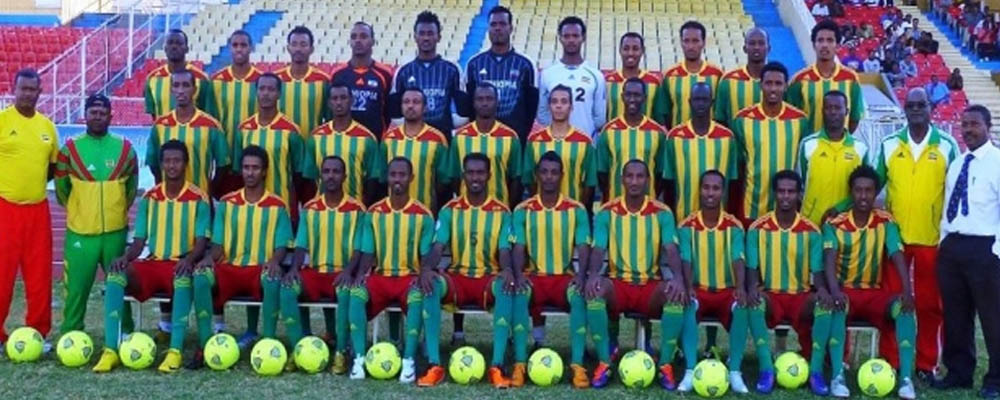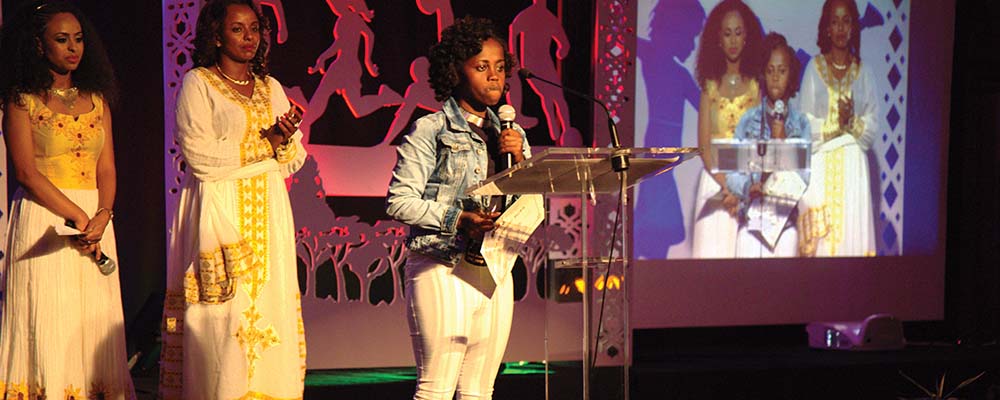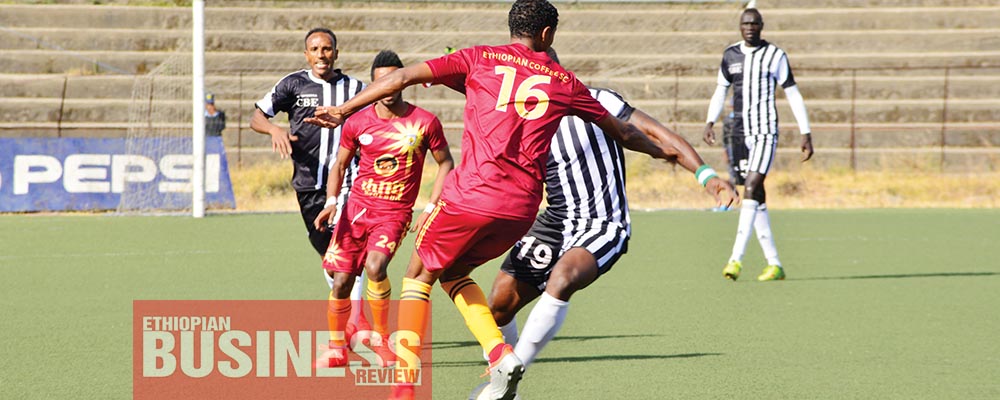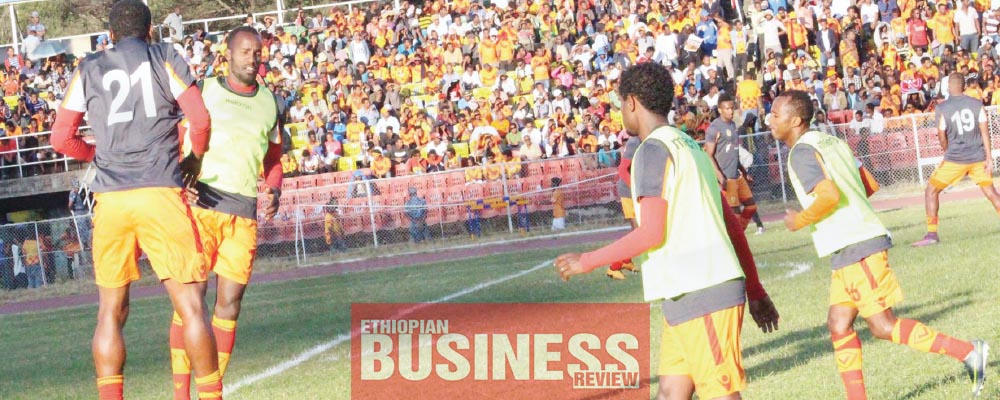Mengistu Worku, the late renowned Ethiopian Footballer, ones said, ‘‘we used to play for the passion of the sport not for the money that we get from it’’ and he reminisced about how the late Yidnekachew Tessema, refered by some as the father of Ethiopian football, used to give him ten or twenty five cents for transport after training. Such stories were common in the amateurish, early stage of the ‘beautiful game’ in Ethiopia. In those days, formal organization and structure were absent, but recently, following the trend in other sectors of the economy, some changes are occurring in the Ethiopian football, though it still has a long way to go before becoming fully professional.
Cultural games have been played for many years in Ethiopia. They have been passed on from generation to generation. While some sports are more indigenous played in one area or community others have a nationwide coverage. Although their benefits are immense, traditional sports still have little attention in Ethiopia as EBR Adjunct Writer Abiy Wondifraw reports.
Success in the Face of Stereo Types
Just two months ago, Senait Bogale was crowned the Ethiopian Broadcasting Corporation Sports Personality of the Year in the female footballers’ category. Inspired by her siblings, four of whom are professional footballer players, Senait’s journey to success began at the age of 13 when she entered a local football training project where only boys were welcome. It did not take long for her to win the hearts of recruiters and win the Women’s Premier League title and other trophies with Dedebit Football Club. She was also part of the U20 national team in 2016. EBR Adjunct Writer Abiy Wendifraw sat down with the 20 year-old footballer to learn about her journey and future hope.
Are football Players in Ethiopia Overpaid?
In Ethiopia, football players are earning jaw-dropping salaries. Indeed, they have skyrocketed during the past few decades. The trend began in 2008 and started to pick up steam over the past five years. While this has helped football players earn millions, it has had an adverse impact on the financial outlook of the clubs. Salaries paid to footballers account for over 90Pct of the budget of the clubs. This coupled with the mismatch between the growth in income and salary expenses of the clubs, had affected their performance and of course their very existence, as EBR adjunct writer Abiy Wondifraw reports.
A Sport Like No Other
Cycling is a culture in Eritrea. From the youth to the elderly, Eritreans use cycling as their primary mode of transportation. Introduced by the Italians during colonial rule, the sport has currently enabled the nation to be one of the top professional cycling countries in Africa, and the world. For instance, the national team won the African Championships for eight consecutive years. However, there are uncertainties behind the successes. Many Eritreans who aspired to follow the path of their friends into professional cycling have not been able to pursue their dreams because of financial constraints, as EBR’s Samson Berhane reports.
Despite the availability of many lakes and rivers, Ethiopians have yet to embrace the sport of swimming. Many are hard-pressed to name any professional Ethiopian swimming icons. Lack of proper attention given to the activity, shortage of financing as well as the unavailability of swimming facilities is hindering the sport from growing, as EBR adjunct writer Abiy Wendifraw reports.
Ethiopia Broadens its Focus To Recruit Future Talent
The 2018 World U20 Championships, also known as the World Junior Championships, took place at Ratina Stadium in Tampere, Finland from July 10-15 2018. Solomon Barega and Tilahun Haile were among the 36 Ethiopian athletes who participated in the Championships. They come from Quante, a small town located in the Southern Nations, Nationalities and Peoples (SNNP) state, which has similar topography and weather conditions as Bekoji, known for producing many of Ethiopia’s Olympic medallists. As EBR adjunct writer Abiy Wondifraw, found out unlike the previous trend of recruiting from only a few places, more athletes are now coming from all corners of the country including Quante, to represent Ethiopia on the national stage.
It is common to see the firing and appointment of many coaches in the Ethiopian Premier League, in which 16 clubs are participating currently. Even in the 2017/18 season, 12 premier league clubs have terminated and hired coaches. However, most clubs still struggling not to be demoted from the league. Insiders believe that the new trend of sacking coaches exposes the incompetence of the country’s football administration. EBR adjunct writer Abiy Wondifraw looks in to the issue.
Representing Ethiopia in International Football Tournament
Bamlak Tessema is one of six referees in Africa selected by FIFA to officiate the games of the 2018 World Cup in Russia. Bamlak will represent his country on the world stage, 48 years after another Ethiopian referee, the late Seyoum Tarekegn, took part in the 1970 tournament in Mexico. The 38 year old international referee has had an interesting journey to reach to this level. EBR’s adjunct writer Abiy Wendifraw sat down with the Bamlak to learn about his career.
Enjoying live football, in stadiums with fans and friends alike is a popular way of spending leisure time in almost every corner of the world. Sometimes, however, the ‘beautiful game’ takes an ugly turn. Football violence in Ethiopia is creating chaos and unrest during matches, sometimes fuelled by anger at referee decisions, and sometimes for reasons that are unrelated to football. EBR adjunct writer Abiy Wondifraw reports.












